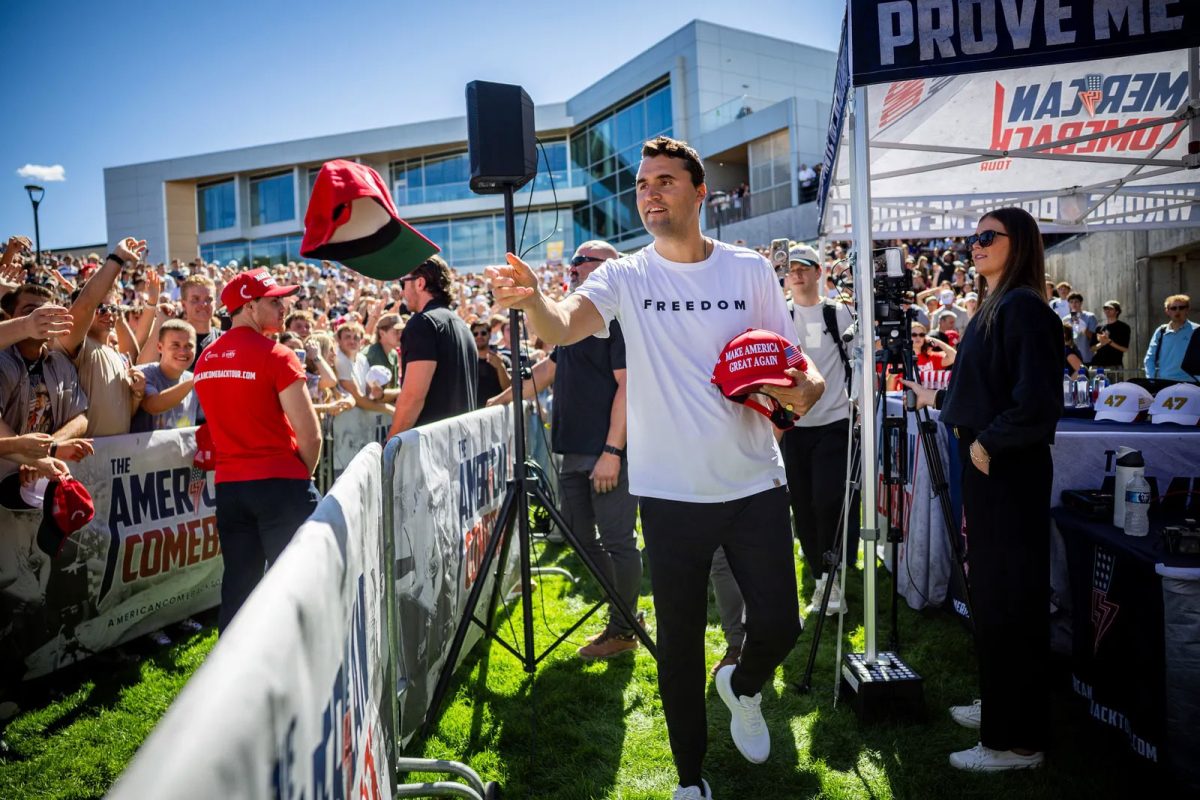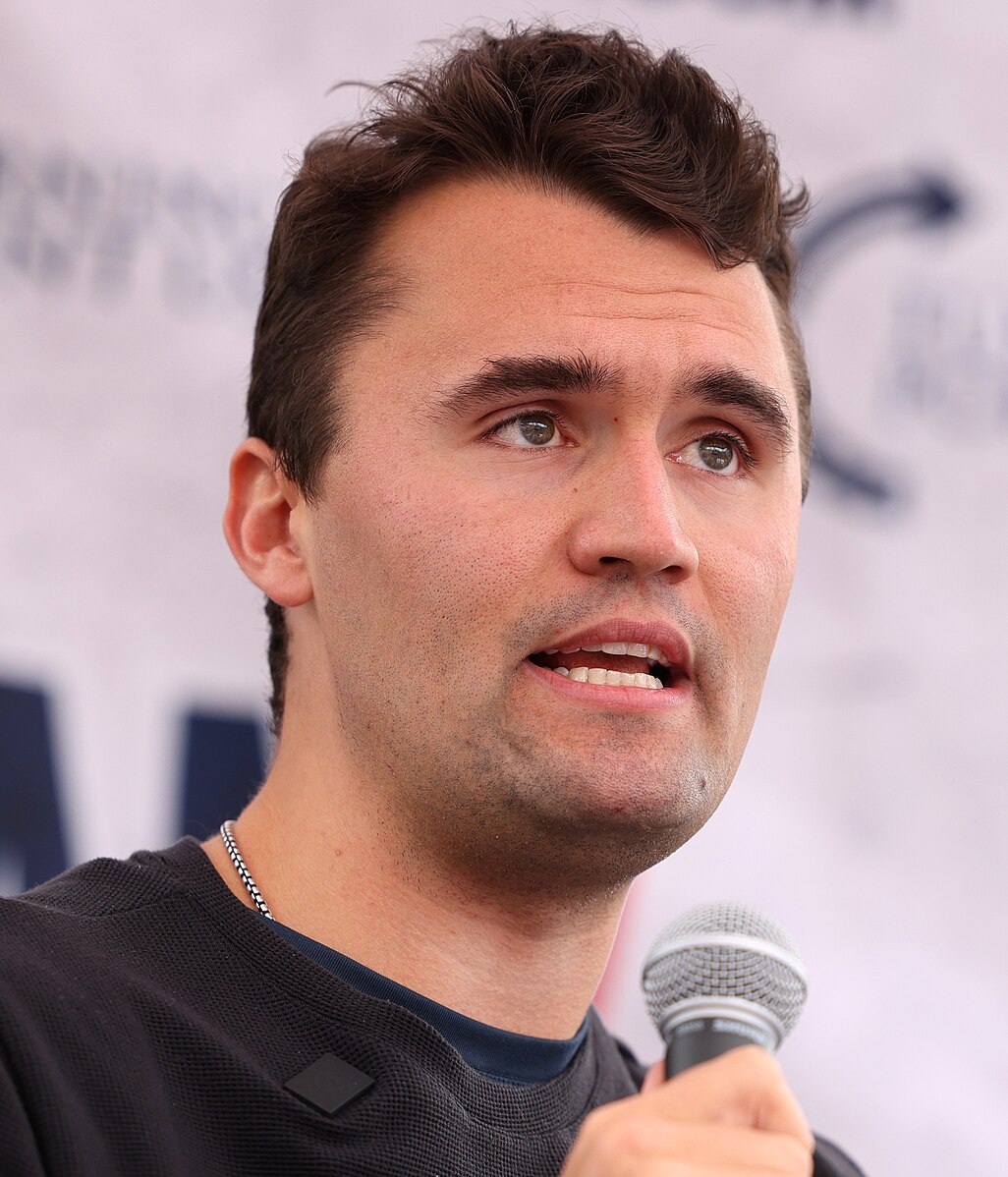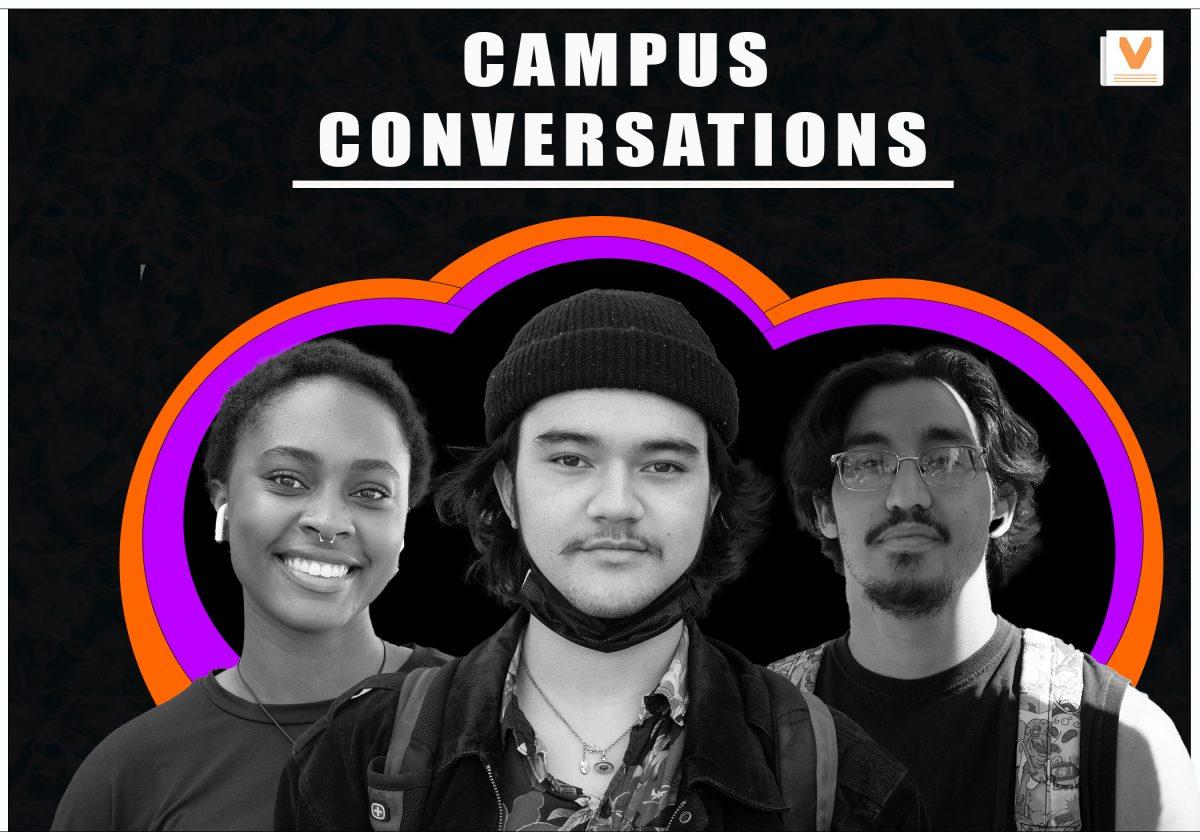By Autumn Yi | Staff Writer
The government should start to implement policies to monitor religious institutions.
By examining the media headlines from the last few years, it appears the religious leaders are abusing their freedom.
Islamic extremists brought tragedy upon the Twin Towers in New York (in 2001).
Warren Jeffs, the President of the Mormon Fundamentalist Church of Latter Day Saints was convicted on two counts of child sexual assault (in 2011).
Pope Benedict XVI’s resignation on Feb. 28 comes after controversy regarding child molestation within the Catholic Church. Although the allegations were not directed at Pope Benedict, he was criticized for not doing enough to investigate the priests involved.
Lots of churches try to act as their own judge and jury, something which goes against the judicial principles of the United States.
Breaking the law comes with consequences; nobody should hide behind the freedom of religion as a shield.
Religious institutions seem to be abusing their freedom.
By expressing freedom, people should never impose on somebody else’s ability to express their own.
Policy makers should focus on finding a way to prevent crime within religious institutions.
The leaders are in positions of power, and no position of power should be left unchecked.
It is said easily in the simple phrase, “power corrupts.”
“Where the government is supposed to step in, in my opinion, is when religion is used as a tool for harming others collectively,” said Ismael Vanegas, a student at Riverside City College.

ource: prezydent.pl
It may be difficult for members of the organization to come forth and alert authorities about crimes they witness or are victimized by.
Oftentimes, they have familial ties or are afraid of disciplinary action.
Hasn’t it been a mantra of the United States, to protect those who are unable to protect themselves?
However, there will be implications to executing such policies.
The diversity within the types of religious organizations is so widespread it will be difficult to find a regulation which can accommodate most of them.
Even if there is a policy put into play, there are many complications.
It is possible that this may be a vehicle for religious discrimination.
In practice, the line between regulation and invasion of privacy is very thin.
Religious leaders may declare it interferes with freedom of religion; however, these policies should not alter the practices of the institution unless they are already illegal.
Nevertheless, there needs to be some course of action.
Citizens cannot wait to take action after an incident has occurred.
Young college students are a driving force in politics and the media, for a few reasons.
Firstly, colleges are large institutions which attract a lot of recognition.
Students do not have as many religious, political, familial or work-related ties which hinder them from speaking their minds.
Young adults are passionate, an attribute which sometimes fades with older generations.
College students have incredible voting power.
As Spiderman’s Uncle Ben reminds us, “with great power comes great responsibility.”
Since our demographic has a strong influence, we can push for recognition of these issues and support these policies.
It is important to raise awareness for issues nobody else will address, as long as we have the ability to be heard.
As voters, we can also ensure any potential policies will not cross the line and eliminate freedom of religion.
If we allow the power to shift from religious leaders to government officials, we have not protected those who have been victimized.
Instead, we have given the opportunity for religious leaders to be victimized – not eliminating the problem, just changing the players.
As young adults, we also have influence in our social spheres.
Many of us are part of religious institutions, and we can help to fix the problem by not condoning any corruption we will potentially witness or take part of.
It comes down to one thing: being courageous enough to speak up.
Will we speak up to protect our friends, our family, and our country?






